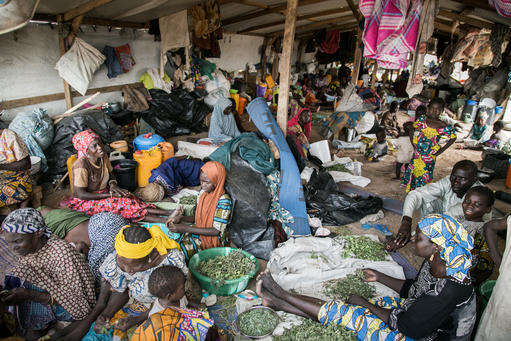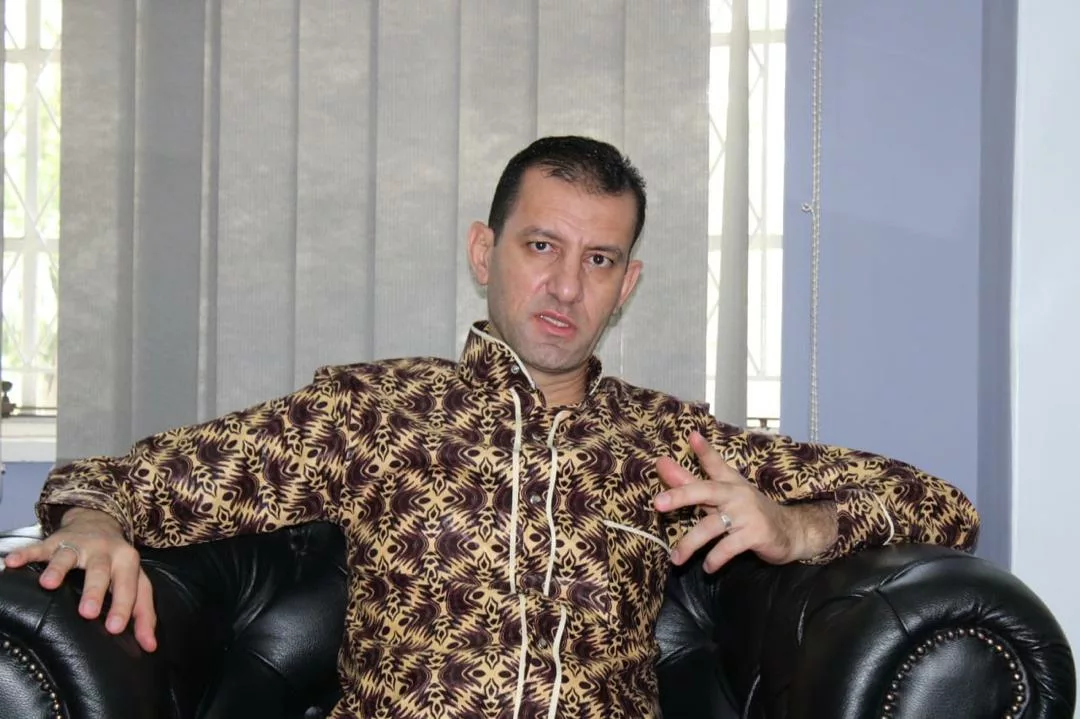Effects of a decade long conflict in Borno State begin to show as some of 1,8 million displaced people now suffer from mental illnesses.
The effects of a decade long conflict in Northeast Nigeria between the military and armed groups, are beginning to show as some of the 1,8 million displaced people, are now suffering from mental health illnesses.
Thousands of people have been killed, while 7,1 million are in need of humanitarian assistance. The poor living conditions and the lack of protection areimmensely contributing to people’s acute mental health needs and have left the population extremely vulnerable.
Doctors Without Borders (MSF) teams in Pulka, a small town on the border of Nigeria and Cameroon currently accommodating more than 40,000 displaced people, are treating an increasing number of patients. Between January and June this year, MSF offered mental health and psychological support to 1,863 people.
The inhabitants’ most basic needs – especially for shelter, clean water and sanitation – are not properly covered. They are surviving on less than three litres of water each day, far below the 15-20 litres of water per person per day recommended by international humanitarian standards for emergencies.
Karsten Noko, a Southern African fieldworker who recently returned from Borno State after spending nearly two years working for MSF, witnessed first-hand the suffering of people as a result of the conflict due to very limited access to food and basic healthcare – which in some cases is non-existent. Any primary healthcare system should be able to provide for the basic maternal and child health needs, out-patient and in-patient care, emergency care and referral services.
“The reality in many places in Borno State is that a simple case of malaria cannot be treated, a child with diarrhea cannot receive the treatment and therefore often succumb to their illness because destitute families cannot pay for care,” says Karsten.
For 80-year-old Mariya Duniya who is receiving mental health support from MSF, life seems meaningless after four of her nine children were killed during the crisis. Eventually, only elderly people were left in their village, she says. The Nigerian military arrived in their village on patrol and transported them to Pulka. Without her children, Mariya is depressed and anxious about the future. “None of my children will bury me when I die,” she says.
MSF is calling for an urgent need for the strengthening of the humanitarian response in Pulka, especially in terms of shelter, water and protection, and including mental healthcare.






